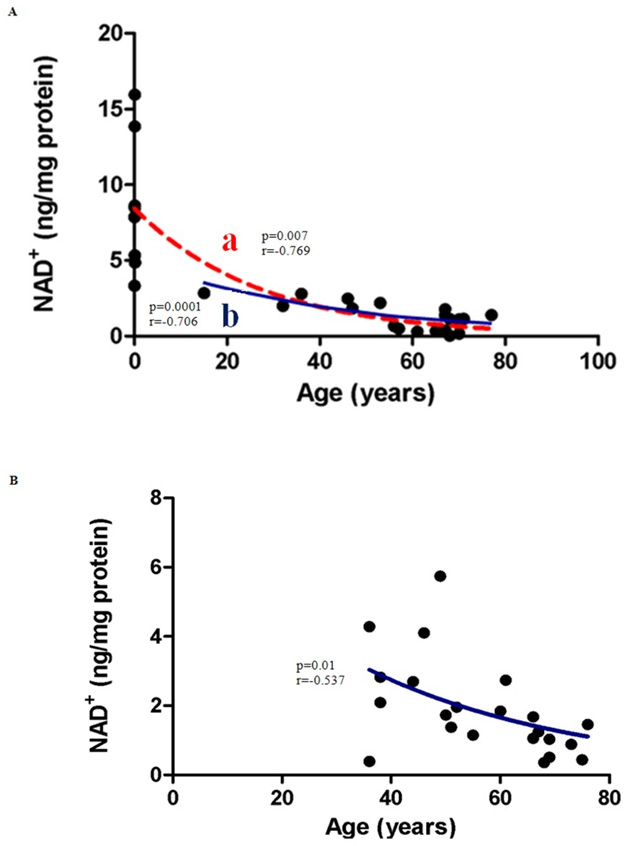Would intravenous NAD be more effective for those with low levels? Is there a specific blood test for NAD deficiencies? Can we take NAD blood tests before and after consuming Niagen to check how NAD levels are affected? Someone must be doing this, right? Is there data for it? For example, 20-50 year old endurance athletes are tested for NAD levels before and after taking 1g daily Niagen? How difficult and expensive would such a test be for companies already profiting from charging customers high fees for the Niagen product they're already claiming has X effect on athletes?
Here's a Reddit thread asking the same obvious questions I just asked more than 500 days ago.
https://m.reddit.com...level_question/
So I'm assuming those tests were probably done (NAD blood tests before and after Niagen consumption) and they probably found nothing, and now simply aren't telling us they found no rises in NAD levels so we'll just stay in the dark and keep buying their product on faith that it does something positive? If they'd found a rise in NAD by consuming Niagen you can bet your boots they'd be wildly advertising it, right?
"So I'm assuming those test were probably done...and they probably found nothing..."
That's a rather silly assumption.
This issue hasn't been around long enough for all those trials on humans to have been approved, completed, and analyzed. Don't forget that commercial manufacture of this supplement only began in 2013.
However, they HAVE found a rise in NAD, in humans, from consuming Niagen, and it HAS been "wildly publicized." And extensively discussed on this forum. I suggest you consult the NR news thread circa August 2015--or Google "Nicotinamide Riboside", "Chromadex," and "study results".
Whether these results are preserved in the long term is unproven. But that's not exactly a surprise, since the supplement has only been manufactured for a short period, so long-term studies would require time travel.
As to questions you ask, no, there is no blood test for NAD deficiencies that I know of. And it's not entirely clear that blood levels of NAD would tell you what you want to know.
How expensive would all those studies be? Very. And they wouldn't do all of the possible things they can think of all at once. They only moved from mice to humans recently.
In addition, how much money do you really think these companies are making off this? Only a tiny tiny fraction of the population have ever heard of NR, and only a fraction of that tiny tiny fraction are actually buying it.
Chromadex produces more than just NR. But the whole company's market capitalization value is only about $150 million, and it most recent quarterly net profit was MINUS $315,000. (Which is up from last year's result for the same quarter of MINUS $1.6 million.) If NR proves out, Chromadex could become immensely profitable, but right now they are still swimming in red ink.
All the hype about NR may or may not prove out--or it may remain confused and controversial (think resveratrol). But there certainly aren't studies that have been suppressed.
































 This topic is locked
This topic is locked

























